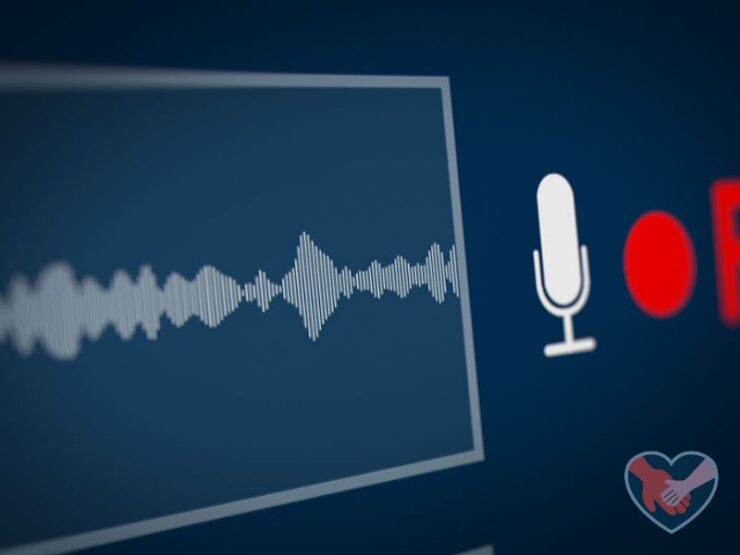In the digital age, where smartphones can record audio and video effortlessly, understanding your rights and limitations regarding recording laws is crucial. In the United States, the legal requirements for recording conversations vary by state, and North Carolina has specific guidelines worth knowing.
What Is a One-Party Consent State?
A “one-party consent” state allows recording conversations or communications if at least one person involved in the conversation consents to the recording. This means that if you are a participant in the conversation, you can record it without informing the other parties. However, if you are not part of the discussion, recording it would generally be illegal unless consent is obtained from at least one participant.
Is North Carolina a One-Party Consent State?
Yes, North Carolina is a one-party consent state. According to North Carolina General Statutes, a person can legally record a conversation if they are part of it or if they have the permission of at least one participant. This applies to various forms of communication, including phone calls and in-person conversations.
Legal Framework for Recording in North Carolina
Wiretapping and Eavesdropping Laws
Under North Carolina General Statute §15A-287, it is unlawful to willfully intercept any wire, oral, or electronic communication unless at least one party consents to the interception. Violating this law can result in severe penalties, including felony charges.
Recording Phone Calls
North Carolina’s one-party consent rule extends to phone conversations. As long as you are one of the participants in the call or have obtained permission from one of the participants, recording the conversation is legal.
Public and Private Settings
In public areas, recording video or audio of people is generally permissible because there is no expectation of privacy. However, in private settings, the one-party consent rule governs whether recording is lawful.
Federal vs. State Law
While federal law also allows one-party consent for recording conversations, state laws can impose stricter requirements. North Carolina aligns with federal guidelines, making it relatively straightforward for individuals to understand their rights within the state.
Exceptions and Limitations
Criminal Intent
Recording with criminal intent, such as using the recording to blackmail or defame someone, is prohibited even under the one-party consent rule. Such actions can result in additional criminal charges.
Invasion of Privacy
Certain scenarios, such as recording someone in a private space without their knowledge (e.g., hidden cameras in bathrooms or bedrooms), can lead to serious legal consequences. These actions violate privacy rights and are not protected by the one-party consent rule.
Employment and Workplace Policies
Employers may have specific policies regarding recording conversations at work. Even if state law permits one-party consent, violating workplace rules can lead to disciplinary action or termination.
Practical Implications
For Individuals
Knowing North Carolina’s recording laws can protect you from unintentionally breaking the law. For instance, if you wish to record a phone conversation for personal documentation, you can do so legally as long as you are a participant in the call.
For Businesses
Businesses operating in North Carolina should ensure their employees are aware of recording laws. Customer service calls, for example, often include a disclaimer notifying callers that the conversation may be recorded. While this practice exceeds the one-party consent requirement, it helps maintain transparency and builds trust.
For Content Creators and Journalists
Journalists and content creators must navigate these laws carefully, especially when conducting interviews or capturing footage in private settings. Obtaining explicit consent from participants can help avoid legal disputes.
Controversies and Ethical Considerations
While North Carolina’s one-party consent law simplifies the legal framework, it also raises ethical questions. Recording conversations without the other party’s knowledge can damage trust and relationships, even if it is legally permissible. Transparency and mutual respect are vital when considering whether to record a conversation.
Conclusion
North Carolina’s one-party consent law provides individuals with the ability to record conversations as long as they are participants or have obtained permission from one participant. Understanding this law is essential for protecting your rights while respecting the privacy of others. Whether you are an individual, a business owner, or a journalist, staying informed about these regulations can help you navigate complex situations confidently and legally.
By adhering to the one-party consent rule and considering ethical implications, you can ensure your recordings serve their intended purpose without infringing on others’ rights.

















Add comment